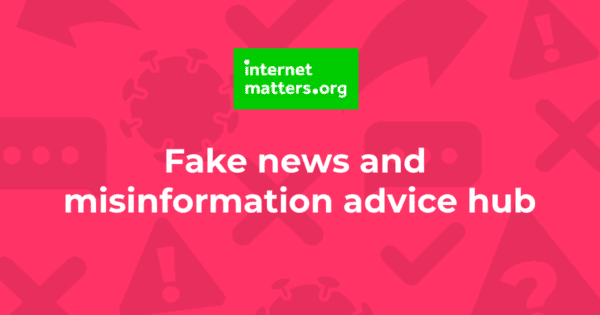Talk to them: Children rely more on their family than social media for their news so talk to them about what is going on. It’s also helpful to talk about how the information they see online is created so they have a better understanding of the intentions behind it.
Read: Many people share stories they don’t actually read. Encourage children to read beyond the headline and if they do spot something, not to share it but to help set the record straight.
Check: Share quick and easy ways to check the reliability of the information. This could be doing a search to double-check who the author is and how credible they are, seeing if the information is available on reputable sites and using good fact-checking websites to get more information.
It’s also worth talking to them about spam, and the possibility that some of the adverts that they come across might also be fake.
Get Involved: Digital literacy is about participation. Teach children to be honest, vigilant and creative digital citizens.



